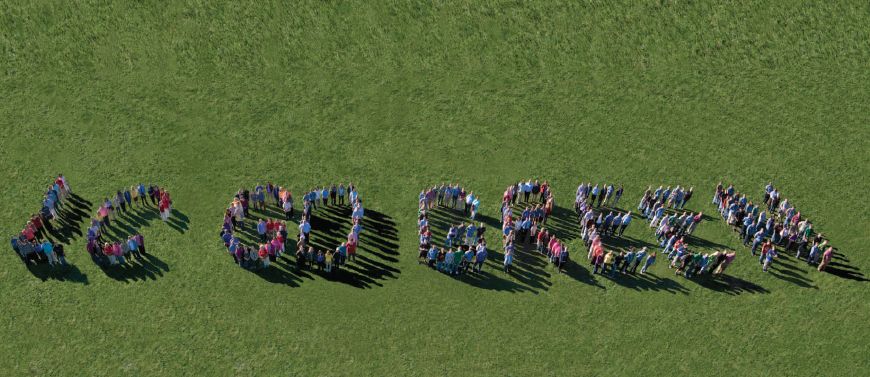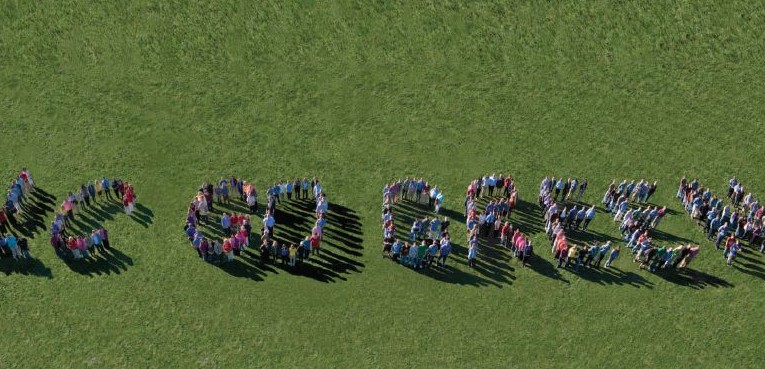
The Student Sustainability Association is taking the next step toward the future with it’s goal of campus carbon neutrality by the year 2058.
Carbon neutrality simply means the elimination of CO2 and other greenhouse gases like methane.
L&C is a part of the American College and University Presidents’ Climate Commitment. (ACUPCC), a group that shares emission levels in pursuit of sustainability. L&C has consistently lowered its emission level since joining. the group in 2009.
These greenhouse gases come from most campus operations.
“The single biggest sources of emissions on campus is from people driving to and from campus – commuter emissions – followed by electricity consumption.” Sustainability Association Director, Nate Keener said.
“So, our job in neutralizing our GHGs involves increasing energy efficiency, continuing to install renewable energy generators, cutting down on commuter mileage, and responsibly dealing with waste streams, among others. ”
To cut down on waste, the Dining Services department engages in two types composting, or taking organic matter such as food, and aiding it in natural decomposition to turn back into soil.
The first type involves putting waste into a dehydrator and organic material is processed into a dried pulp. The secondary type is post-consumer waste composting, taking the matter to a plant, in this case, St. Louis Composting for processing.
Other efforts include converting turf grasses to native landscapes. The end result reduces the carbon footprint from mowing, trimming, fertilizing, and increases plant biodiversity.
Although, campus carbon neutrality is more than wishful thinking by this point, there is still work to do.
“The reality is that we are behind the curve from a technology standpoint, but even more so from a cultural standpoint. When we consider our carbon footprint, the honest assessment includes the use of fossil fuels in the vehicles entering and exiting campus,” Biology Professor, Scott Moss said.
Established in 2008, the Office of Sustainability utilizes the Climate Action Plan to combat climate change and to contribute to a better tomorrow.
Visit www.lc.edu/Campus_Sustainability/ for more information on the Student Sustainability Association and the Climate Action Plan.
Contact Dane at ndmcguire@lc.edu




